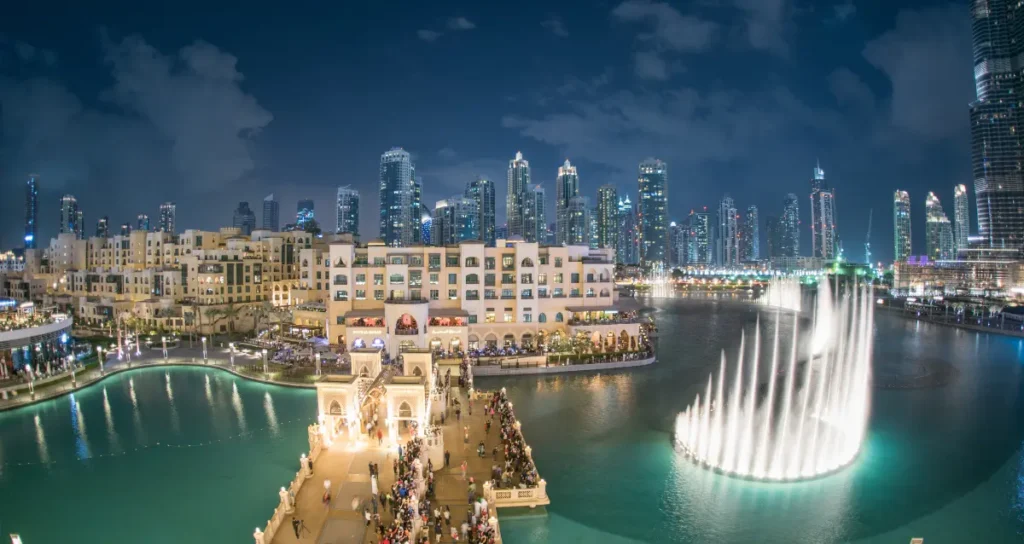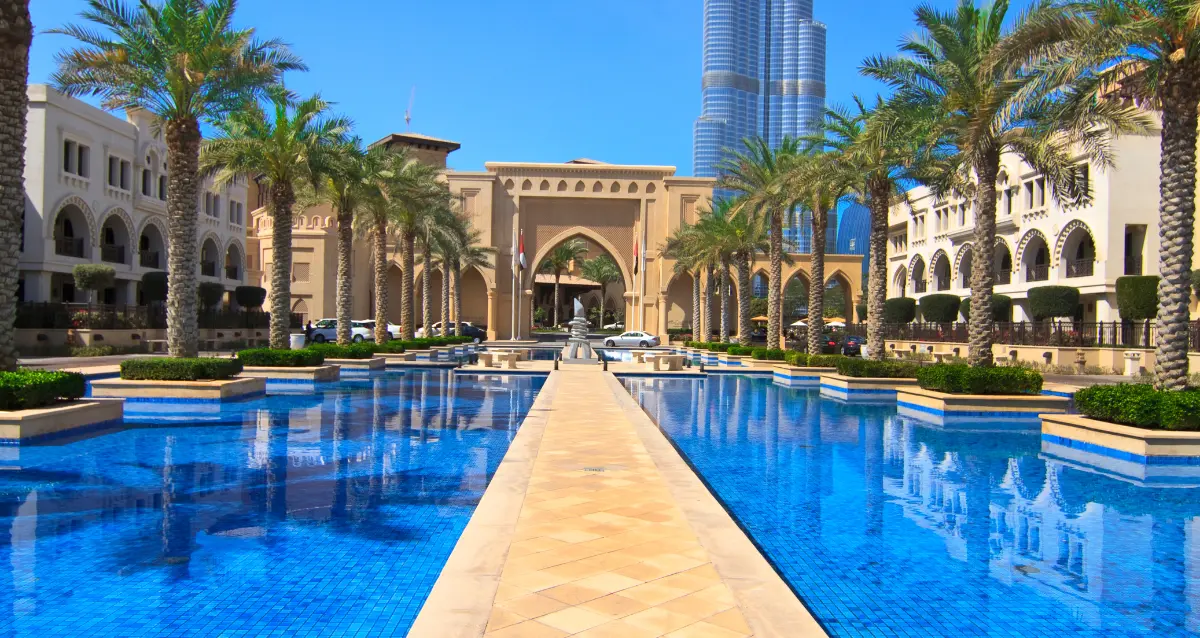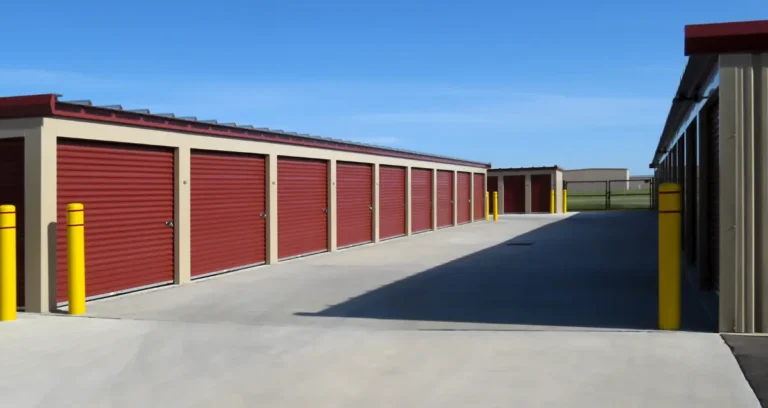The Worst Time to Visit Dubai: An Insider’s Guide
Dubai, the dazzling metropolis of the United Arab Emirates, is a destination that captivates travelers from around the world. With its iconic skyline, luxurious attractions, and vibrant culture, it’s no wonder that millions flock to this city every year. However, to truly savor the magic of Dubai, it’s crucial to plan your visit carefully, taking into account the city’s unique climate and cultural events.
While Dubai is a year-round destination, there are certain times when the city can be less than ideal for visitors. This comprehensive guide will delve into the factors that contribute to the worst time to visit Dubai, providing you with valuable insights to help you plan the perfect trip.
- The worst time to visit Dubai is probably from May to August. Summer can be difficult for some people as the temperature can rise up to 40°C and above. If you don’t mind the heat then you can go any time of the year and Dubai has a lot to offer.
The Summer Scorcher
Extreme Temperatures
Dubai’s summer months, stretching from June to August, are notorious for their sweltering heat. Temperatures can soar to a blistering 41°C (106°F) or higher, making outdoor activities a challenge and potentially dangerous for those unprepared. The relentless sun can quickly drain your energy and enthusiasm, leaving you seeking refuge in air-conditioned spaces.
Humidity and Sandstorms
Compounding the extreme temperatures, Dubai’s summer months also bring high humidity levels, making the heat even more oppressive. Additionally, sandstorms can sweep through the city, reducing visibility and making outdoor exploration unpleasant.
Outdoor Activities and Events
While Dubai continues to buzz with activity during the summer, many outdoor events and attractions may be scaled back or adjusted to accommodate the harsh conditions. Popular outdoor activities like desert safaris, beach visits, and outdoor markets can become less enjoyable or even dangerous due to the intense heat.
Ramadan: A Sacred Time
Significance of Ramadan
Ramadan, the holy month of fasting observed by Muslims, holds immense cultural and religious significance in Dubai and the broader United Arab Emirates. During this period, the city experiences a shift in its daily rhythms and operational hours.
Impact on Businesses and Services
Many businesses and services in Dubai operate on reduced hours or may be closed during certain times of the day to accommodate religious observances. Restaurants and cafes often remain closed during daylight hours, and some attractions may have limited operations or be closed entirely.
Cultural Considerations
It’s essential to be respectful of the local customs and traditions during Ramadan. Visitors should refrain from eating, drinking, or smoking in public during daylight hours, and dress modestly to honor the religious observances.

The Shoulder Seasons
Spring (April-May)
Dubai’s spring months, April and May, can be a more pleasant time to visit, as the temperatures are more moderate, ranging from the mid-20s to mid-30s Celsius (mid-70s to mid-90s Fahrenheit). However, these months can still experience occasional sandstorms and high humidity levels.
Fall (September-October)
The fall months of September and October offer a similar respite from the intense summer heat, with temperatures hovering around the low-to-mid 30s Celsius (low-to-mid 90s Fahrenheit). These months can be a great time to explore Dubai’s outdoor attractions and events before the winter crowds arrive.
Financial Implications
Hotel Rates
One of the advantages of visiting Dubai during the less desirable months is the potential for lower hotel rates. Many hotels offer discounts and promotions to attract visitors during the low and shoulder seasons, making it a more budget-friendly option for travelers.
Airfare Prices
Similar to hotel rates, airfare prices to Dubai can also be more affordable during the off-peak seasons. Airlines often offer reduced fares to entice travelers to visit during the quieter periods.
Cost of Activities
While some attractions and activities may have reduced offerings or be closed entirely during certain times, others may offer discounted rates or special promotions to attract visitors. It’s essential to research and plan ahead to take advantage of these cost-saving opportunities.
Crowd Levels
Peak Tourist Season
Dubai’s peak tourist season typically falls during the cooler winter months, from November to March. During this time, the city can become crowded with visitors from around the world, leading to longer lines, higher prices, and a more bustling atmosphere.
Shoulder Seasons
The shoulder seasons of spring and fall can offer a balance between moderate temperatures and fewer crowds. While not entirely deserted, these periods can provide a more relaxed and intimate experience for exploring Dubai’s attractions and neighborhoods.
Low Season
The summer months and Ramadan are generally considered the low season for tourism in Dubai. While the harsh conditions can make these times less appealing, visitors who brave the heat and adapt to the cultural observances may find a more tranquil and less crowded Dubai experience.

Cultural Events and Festivals
Summer Events
Despite the scorching temperatures, Dubai continues to host a variety of events and festivals during the summer months. The Dubai Summer Surprises festival, a 10-week extravaganza filled with themed celebrations, offers a respite from the heat with indoor and air-conditioned attractions.
Ramadan Festivities
Ramadan is a time of celebration and community in Dubai, with various cultural events and festivities taking place throughout the holy month. From traditional markets to religious observances, visitors can immerse themselves in the rich cultural tapestry of the city during this sacred time.
Other Seasonal Events
Throughout the year, Dubai hosts a diverse array of cultural events, festivals, and celebrations that may influence your travel plans. It’s essential to research and plan ahead to ensure you don’t miss out on any must-see events or activities during your visit.
Indoor vs. Outdoor Activities
Summer Indoor Options
During the sweltering summer months, Dubai’s indoor attractions and activities become a welcome refuge. From world-class shopping malls and indoor theme parks to museums and cultural exhibitions, there are plenty of air-conditioned options to keep you entertained and comfortable.
Outdoor Activities During Cooler Months
When the temperatures are more moderate, Dubai’s outdoor offerings come alive. Desert safaris, beach activities, outdoor markets, and al fresco dining become more enjoyable and accessible during the cooler months.

Tips for Visiting Dubai During the Worst Times
Dress Code and Cultural Sensitivity
Regardless of when you visit Dubai, it’s crucial to respect the local culture and dress modestly, especially during religious observances like Ramadan. Loose, lightweight, and breathable clothing is recommended, especially during the summer months.
Hydration and Sun Protection
If visiting during the intense summer heat, it’s essential to stay hydrated and protect yourself from the sun. Carry plenty of water, seek shade whenever possible, and apply sunscreen liberally to
Planning and Flexibility
When visiting Dubai during the less desirable times, it’s essential to plan ahead and remain flexible. Research the operating hours of attractions, restaurants, and services, and be prepared to adjust your itinerary accordingly. Having a backup plan for indoor activities or exploring during cooler parts of the day can help you make the most of your visit.
Conclusion
Summary of Key Points
Dubai is a captivating destination that offers a unique blend of modernity and tradition. While the city can be enjoyed year-round, certain times may present challenges for visitors, such as the scorching summer heat, the observance of Ramadan, and the potential for sandstorms. However, by understanding these factors and planning accordingly, you can still have an unforgettable experience in Dubai.
Final Recommendation
Ultimately, the best time to visit Dubai depends on your personal preferences and travel priorities. If you prefer milder temperatures and fewer crowds, the cooler winter months from November to March may be the ideal time. However, if you’re seeking a more budget-friendly option and don’t mind the heat, the summer months or shoulder seasons could be an excellent choice. Remember to respect local customs and traditions, stay hydrated, and embrace the unique experiences that Dubai has to offer, no matter when you visit.
FAQs
Is it safe to visit Dubai during the summer?
While the summer heat can be intense, Dubai is generally a safe destination to visit year-round. However, it’s crucial to take precautions against heat-related illnesses, such as staying hydrated, seeking shade, and limiting outdoor activities during the hottest parts of the day.
What is the dress code for visitors during Ramadan?
During Ramadan, visitors should dress modestly out of respect for religious observances. This typically means covering shoulders, and knees, and avoiding revealing or tight-fitting clothing.
Are there any events or festivals to avoid during Ramadan?
While Dubai continues to host various events and festivities during Ramadan, it’s generally advisable to avoid any large gatherings or celebrations that may involve food, drink, or music during daylight hours.
Can I still find good hotel deals during the peak tourist season?
While hotel rates may be higher during the peak winter months, it’s still possible to find good deals by booking well in advance, considering alternative accommodations like serviced apartments, or taking advantage of special promotions or package deals.
Are there any indoor activities suitable for families during the summer?
Dubai offers numerous indoor attractions that are perfect for families during the summer months, such as indoor theme parks (e.g., IMG Worlds of Adventure, Dubai Parks and Resorts), museums (e.g., Dubai Museum, Etihad Museum), and world-class shopping malls (e.g., Dubai Mall, Mall of the Emirates).
FURTHER READING







